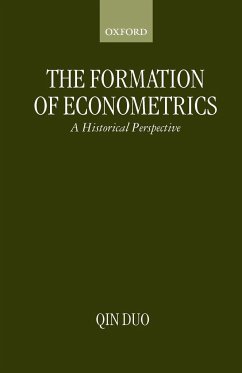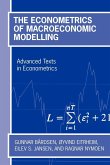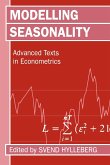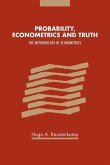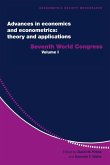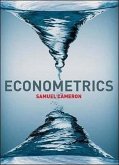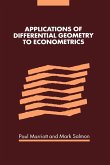Duo Qin examines the history of econometrics from 1930 to 1960 in terms of the basic issues in econometric modelling: the probability foundations, estimation, identification, testing and model construction, and specification. She specifically argues that the probability revolution of the 1940s which formed the foundation for econometric theory was an incomplete revolution. She asserts that the incompleteness was the basis for the problems and failures which occurred in applying the newly-established theory to modelling practice. In linking early econometric history with many issues of interest to contemporary developments in econometrics, Qin provides an engaging work describing a previously undocumented period in the history of economics.
Duo Qin has provided a scholarly study of a crucial period in the history of econometrics. She traces the formation of econometric theory during the period 1930-1960, and focuses on the formalization of mathematical and scientific processes to analyse economic problems. This book deals with the advances made in the practice of econometrics as a discipline, in terms of the basic issues is econometric modelling: the probability of foundations, estimations, identification, testing, and model construction and specification. Duo Qin argues that, while the probability revolution in econometrics in the early 1940s laid the basis for the systematization of econometric theory, it was actually an incomplete revolution, and its incompleteness underlay various problems and failures that occurred in applying the newly eastablished theory to modelling practice. Model construction and hypothesis testing remained problematic because the basic problem of induction in econometrics was not properly formalized and solved. The book thus links early econometric history with many issues of interest to contemporary developments in econometrics.
Duo Qin has provided a scholarly study of a crucial period in the history of econometrics. She traces the formation of econometric theory during the period 1930-1960, and focuses on the formalization of mathematical and scientific processes to analyse economic problems. This book deals with the advances made in the practice of econometrics as a discipline, in terms of the basic issues is econometric modelling: the probability of foundations, estimations, identification, testing, and model construction and specification. Duo Qin argues that, while the probability revolution in econometrics in the early 1940s laid the basis for the systematization of econometric theory, it was actually an incomplete revolution, and its incompleteness underlay various problems and failures that occurred in applying the newly eastablished theory to modelling practice. Model construction and hypothesis testing remained problematic because the basic problem of induction in econometrics was not properly formalized and solved. The book thus links early econometric history with many issues of interest to contemporary developments in econometrics.

